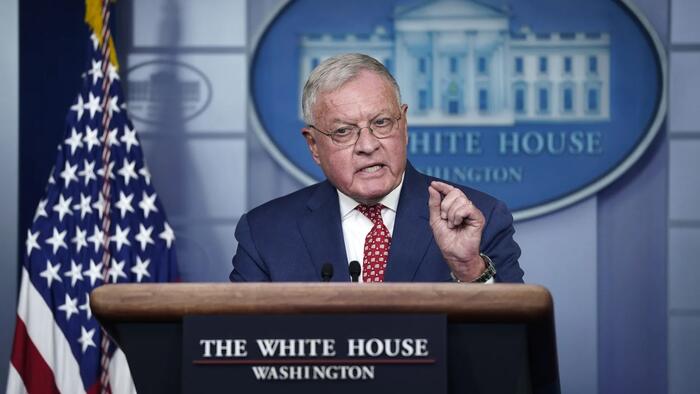A prominent diplomatic figure has recently articulated a strong caution regarding the future efficacy of economic sanctions, particularly those targeting the vital energy sector, suggesting that a more rigorous enforcement approach could usher in profound and far-reaching financial consequences across the global economy.
This perspective underscores a prevailing sentiment that past implementations of such financial measures have not unleashed their full intended economic pressure. There’s a belief that the true potential of these instruments remains largely untapped, with previous applications being viewed as moderate and lacking the comprehensive enforcement necessary to achieve decisive outcomes.
The core of this strategy revolves around a nation’s substantial reliance on oil exports, estimated at millions of barrels daily, often transported through less transparent means, sometimes referred to as a “dark fleet.” This intricate system highlights the challenges in monitoring and regulating the vast flow of resources in international trade.
Major industrializing nations continue to be the primary consumers of these energy exports. The substantial revenues generated from these transactions are understood to play a critical role in supporting national agendas and bolstering various internal initiatives, including personnel recruitment and operational funding, reinforcing the strategic importance of energy markets.
The envisioned escalation of these financial restrictions includes aggressive proposals, such as imposing a full 100% tariff on nations continuing to purchase the designated energy resources. Such measures are designed to significantly elevate the financial burden on all parties involved, compelling a reassessment of existing trade relationships.
Should these intensified measures be fully realized, the expectation is that they would begin to exert substantial pressure on influential financial figures and entities within the targeted economy. This could lead to internal shifts as powerful groups experience direct financial repercussions, potentially catalyzing broader internal economic and political shifts, highlighting the intricate nature of geopolitical strategy.
An assessment of the current state of these financial restrictions suggests a moderate level of imposition, perhaps around a six out of ten. However, a critical observation points to a significantly weaker enforcement mechanism, rated much lower, indicating a substantial gap between the conceptual strength of the sanctions and their practical application.
Therefore, the central argument posits that a dramatic strengthening of enforcement mechanisms is paramount if policymakers intend to render these economic sanctions truly effective. Without such rigorous implementation, the broader global economy might continue to navigate complex dynamics with limited real-world change.
Despite the intensified rhetoric and timelines, there are indications from the affected party that these new pressures are being largely disregarded. Reports suggest a notable resilience in weathering previous financial storms, coupled with a discernible deepening of economic relationships with other major global blocs, signifying a shifting landscape in international trade.






Leave a Reply